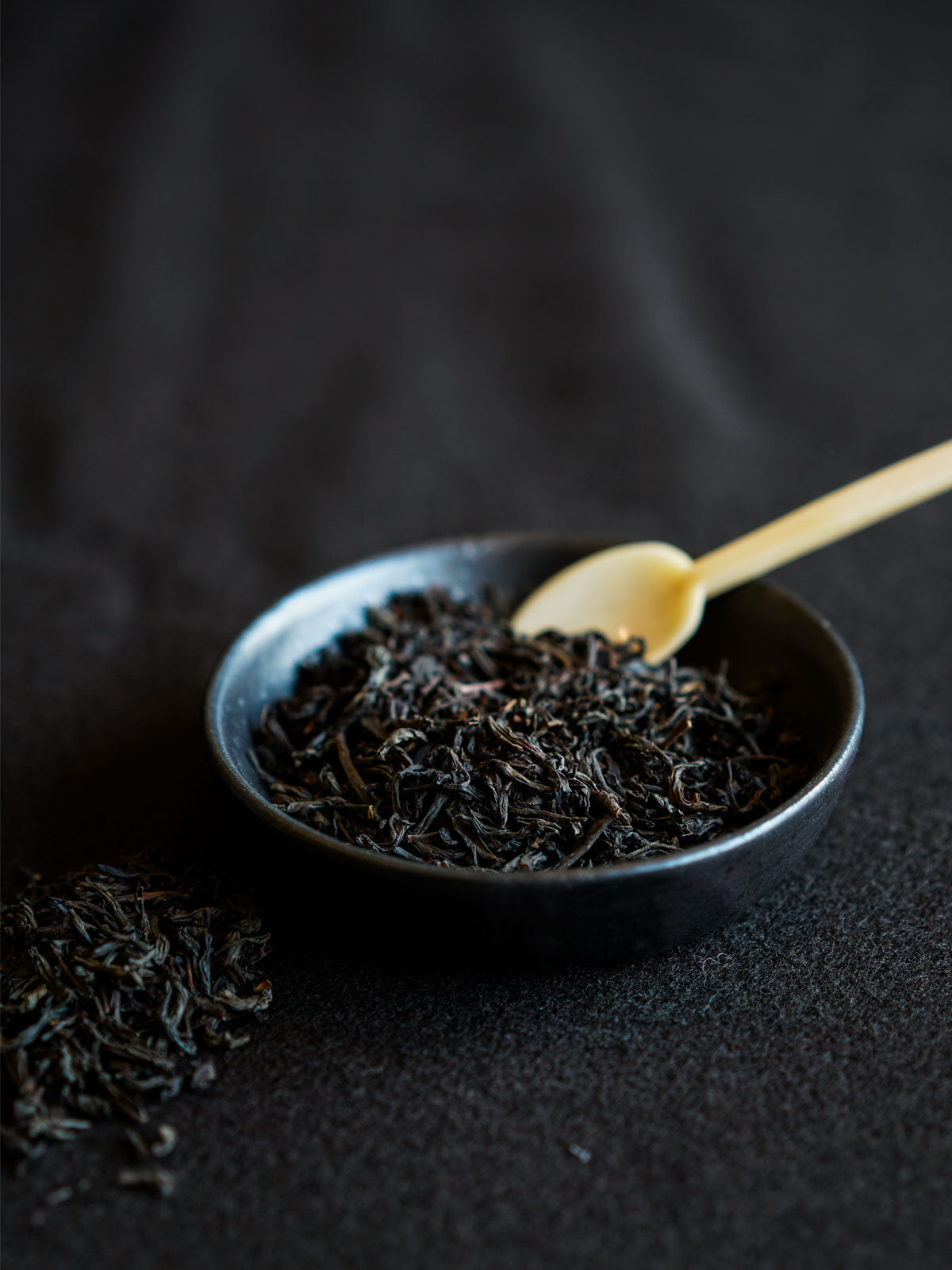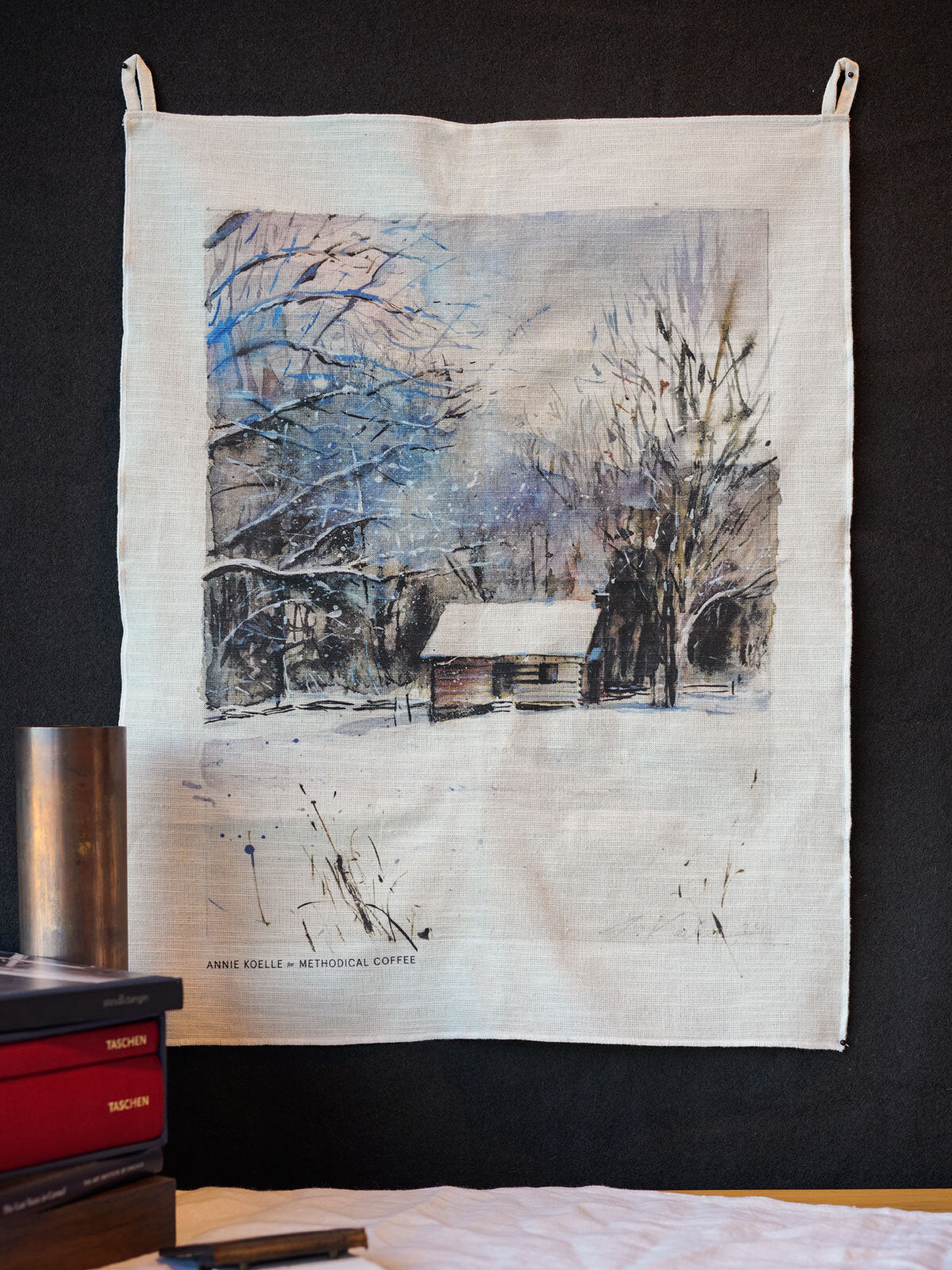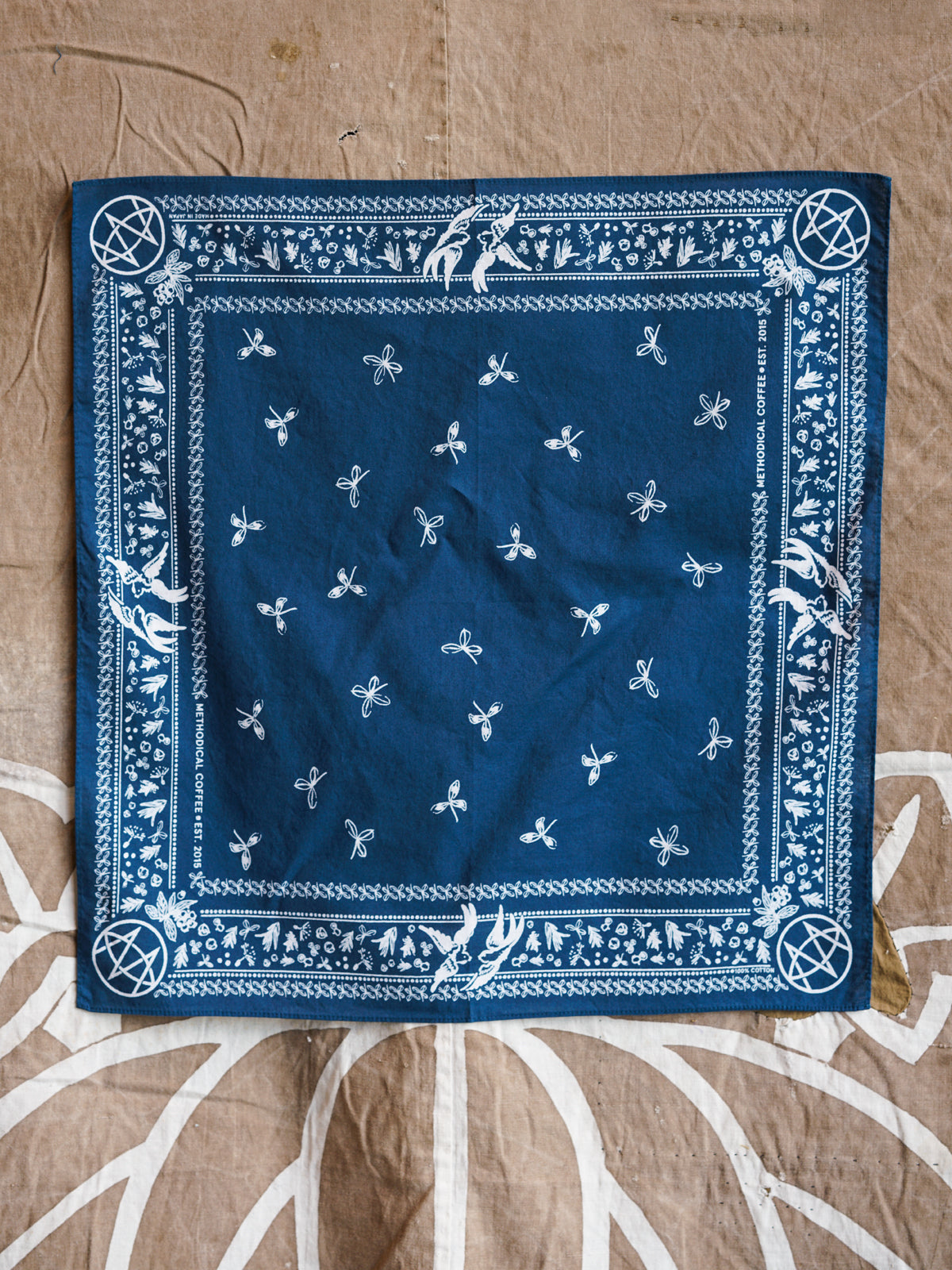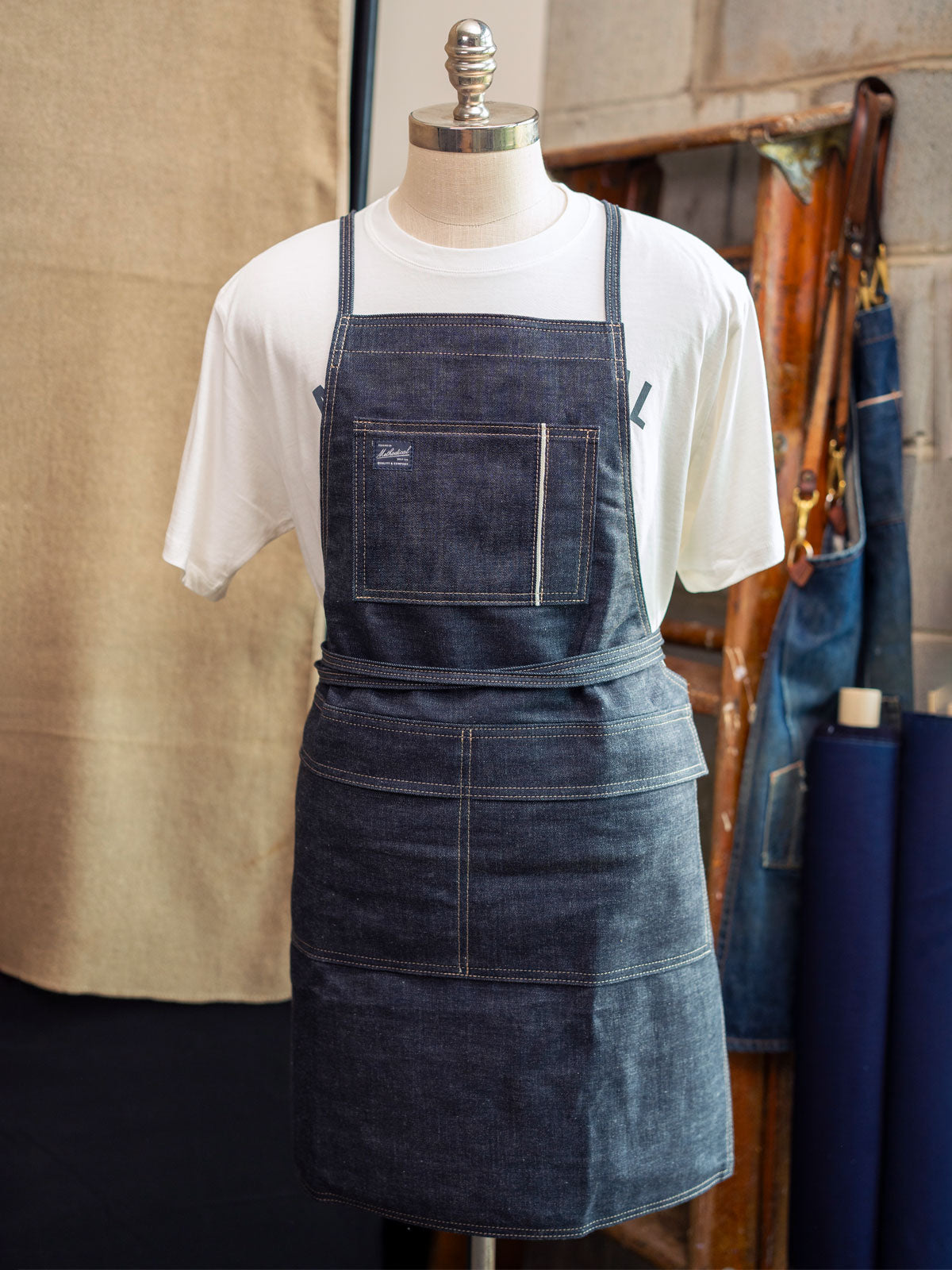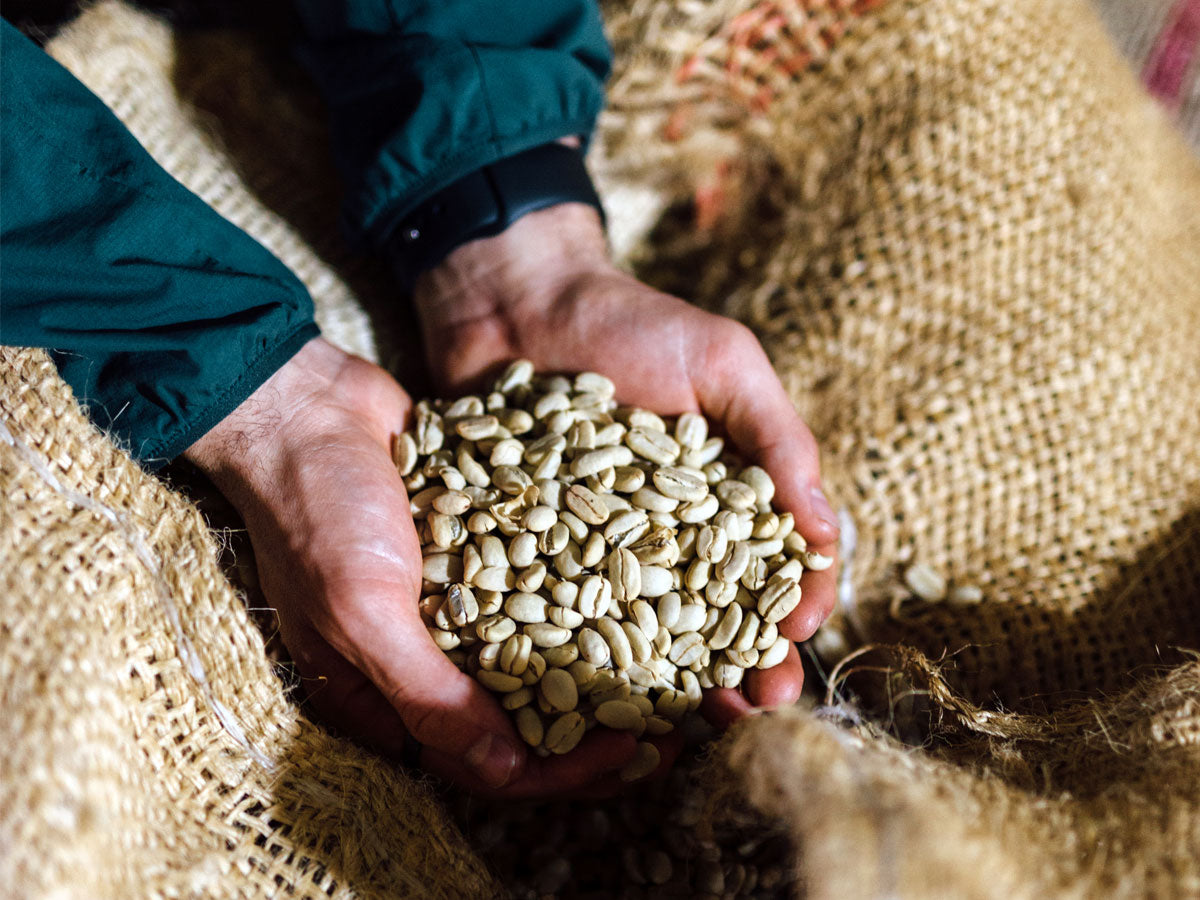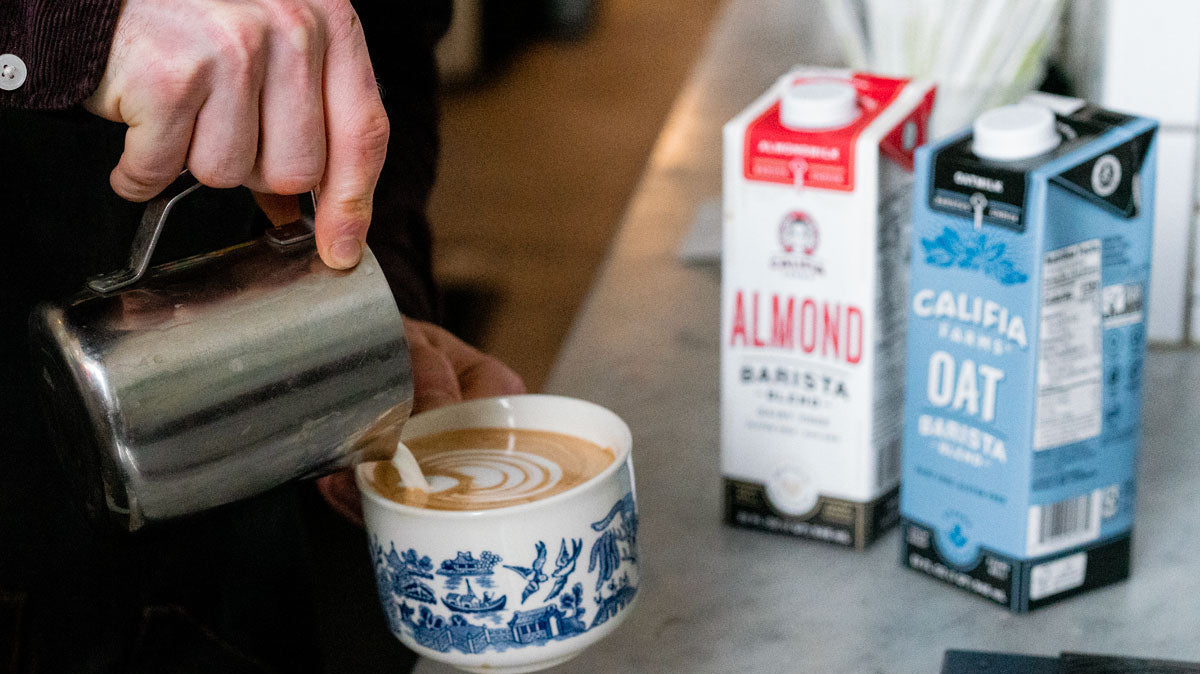The sourcing and production of coffee beans is a hot topic in the coffee industry. Coffee is largely imported from other countries around the world, particularly from regions in Africa, South East Asia, Central and South America. For this reason, the coffee industry was–and still is–full of middlemen and intermediaries standing between coffee buyers and producers. Within the specialty coffee movement and beyond, two models have risen to prominence to strengthen the relationship between coffee farmers and roasters: fair trade and direct trade coffee.
In this guide, we'll explore the differences between direct trade and fair trade coffee, two coffee sourcing models that aim to promote fairness and sustainability in the coffee industry. We’ll take a look at the intricacies of these approaches, examine their benefits and challenges, and shed light on how they impact coffee producers, consumers, and the planet.
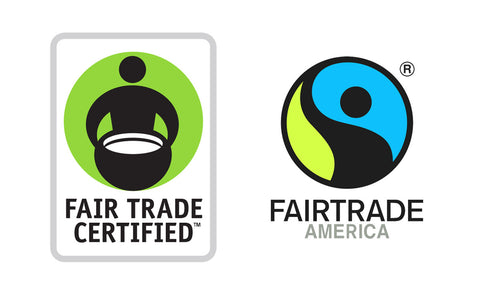
What is Fair Trade Coffee?
Fair trade coffee is a certification and trading system that ensures coffee producers receive fair compensation for their work and adhere to certain social, economic, and environmental standards. These standards typically include fair wages for workers, environmentally sustainable farming practices, and investments in local communities.
The fair trade movement aims to promote equity and sustainability in global trade by providing better trading conditions and empowering marginalized producers, particularly in developing countries. When you buy fair trade coffee, you're supporting these principles and helping to create a more equitable and sustainable coffee industry.
Who Oversees Fair Trade Coffee?
There are two major governing bodies that oversee the certification of Fair Trade coffee: Fair Trade Certified and Fairtrade America.
Fair Trade USA is an independent non-profit organization based in the United States that certifies products, including coffee, tea, fruits, and vegetables, according to its own set of standards and requirements. Fair Trade USA's certification focuses on empowering farmers and workers, promoting fair wages and working conditions, and supporting community development projects. Fair Trade Certified products bear the Fair Trade Certified label, indicating that they meet these standards.
Fairtrade America is the United States branch of Fairtrade International, a global organization that sets international standards for fair trade and certifies products in various countries around the world. Fairtrade America works to promote Fairtrade-certified products in the US market and raise awareness about fair trade principles.
Benefits of Fair Trade Coffee
Fair trade coffee contributes to a more equitable and sustainable coffee industry, benefiting farmers, consumers, and the planet alike. Here are just a few key benefits of the fair trade coffee industry.
Empowerment and Compensation
One of the primary benefits of fair trade is that it ensures that coffee farmers receive fair compensation for their labor and resources. This movement helps to alleviate poverty in countries where most coffee crops are grown and improve the livelihoods of farmers, their families, and their communities. Fair trade also empowers small-scale coffee farmers by providing them with stable prices, access to markets, and opportunities for economic independence.
Environmental Sustainability
Fair trade certification also encourages environmentally sustainable farming practices, such as organic cultivation methods and biodiversity conservation, all of which are crucial for protecting ecosystems, wildlife, and natural resources for future generations.
Community Development
Fair trade promotes community development by investing in education, healthcare, infrastructure, and other social projects in coffee-growing regions. It strengthens local economies and supports sustainable development initiatives.
Consumer Awareness
Fair trade raises consumer awareness about the social, economic, and environmental impacts of their purchasing decisions. It encourages consumers to support ethical and responsible businesses that prioritize fairness, transparency, and sustainability.
Challenges of Fair Trade Coffee
For all the benefits of fair trade coffee, there are a few challenges that coffee farmers and buyers frequently face. Addressing these challenges requires ongoing efforts to raise consumer awareness, improve market access, reduce certification costs, and strengthen support systems for fair trade producers.
Certification Costs
Obtaining and maintaining fair trade certification can be costly for coffee farmers, particularly small-scale farmers who may already operate on thin profit margins. These certification costs can be prohibitive for some producers, limiting their ability to participate in fair trade programs.
Market Demand
While consumer demand for fair trade coffee has grown in recent years, it still represents a relatively small portion of the overall coffee market. Limited market demand limits the growth of fair trade initiatives and impacts the livelihoods of participating farmers.
Complexity of Certification
Fair trade certification involves adherence to a set of standards and requirements, which can be complex and challenging for farmers to navigate, especially in regions with limited resources or infrastructure. Meeting these standards usually requires investments in training, infrastructure, and administrative capacity, which are often barriers to entry for many coffee farmers.
Price Volatility
Fair trade certification guarantees a minimum price for coffee, but it does not shield producers from fluctuations in global coffee prices. When market prices fall below the fair trade minimum, producers may still face economic hardships despite their participation in fair trade programs.
Market Access
While fair trade certification can provide access to niche markets that prioritize ethical and sustainable sourcing, it may not guarantee access to mainstream markets or higher-priced specialty coffee markets. Limited market access can restrict the potential benefits of fair trade for participating farmers.
Certification Integrity
Ensuring the integrity of fair trade certification and preventing fraud or misuse of the fair trade label can be challenging. Without robust monitoring and enforcement mechanisms, there is a risk of misrepresentation or exploitation within the fair trade system.
How to Check if Coffee is Fair Trade
To find out if a coffee is fair trade certified, you can look for certified labels from either Fair Trade Certified or Fairtrade America/International on the packaging which indicates that the coffee meets their standards. Additionally, you can check the product description or information provided by the coffee retailer or brand. Many companies proudly advertise their use of fair trade coffee and usually mention it on their website, packaging, or promotional materials.
Alternatively, you can research the brand and learn about their sourcing practices. The absence of a Fair Trade Certified™ label doesn’t mean the coffee hasn’t been sourced ethically and sustainably–as established, the process can be costly and difficult for many farmers to participate in. There are other ways to produce and buy coffee that adequately compensate farmers for the work without being fair trade, like the direct trade model.
What is Direct Trade Coffee?
Direct trade coffee is a sourcing model in which coffee roasters establish direct relationships with coffee producers.. In direct trade, buyers work directly with coffee farmers or cooperatives to negotiate prices, quality standards, and other terms of trade.
Although direct trade shares some similarities with fair trade in terms of promoting transparency and fair compensation for farmers, it differs in its approach to sourcing and certification. Direct trade focuses on individual relationships between buyers and producers, whereas fair trade involves certification programs and standards administered by third-party organizations.
While the concept of direct relationships between coffee buyers and producers has likely existed for much longer, direct trade as a formalized and recognized sourcing model began to gain traction in the coffee industry in the early 2000s. Since then, many specialty coffee roasters and buyers have embraced direct trade as a way to ensure quality, transparency, and fair compensation for coffee farmers while also fostering long-term relationships and sustainable practices.
Benefits of Direct Trade Coffee
Direct trade offers a way to create a more equitable and sustainable coffee industry, where farmers receive fair compensation, consumers enjoy high-quality coffee, and relationships between buyers and producers are built on transparency and trust. Here are a few key benefits of the direct trade coffee industry.
Fair Compensation
Direct trade facilitates fair compensation for coffee farmers by bypassing intermediaries and allowing buyers to negotiate prices directly with producers. Cutting out the middlemen usually results in higher incomes for farmers, enabling them to invest back into their farms and communities.
Transparency
Direct trade also promotes transparency in the coffee supply chain by establishing direct relationships between buyers and producers. This transparency allows for greater visibility into farming practices, working conditions, and pricing, fostering both trust and accountability.
Quality Control
Roasters who adopt a direct trade model typically place a heavy emphasis on the quality of the coffee they source. Buyers and producers will often work closely together to ensure that coffee meets specific standards and flavor profiles. Such an emphasis on quality usually leads to higher-quality coffee beans and a better tasting cup of coffee for consumers.
Sustainability
Direct trade encourages sustainable farming practices by providing incentives for environmental stewardship and social responsibility. By fostering long-term relationships between buyers and producers, direct trade can support investments in sustainable agriculture, conservation, and community development.
Long-Term Relationships
Coffee buyers and producers often form rewarding long-term business relationships based on trust, mutual respect, and shared values. These relationships tend to lead to more stable and sustainable partnerships over time, benefiting both parties.
Challenges of Direct Trade Coffee
While direct trade coffee offers numerous benefits, it also faces several challenges. Here are some of the obstacles that buyers and producers face when navigating the direct trade coffee model.
Limited Accessibility
Direct trade relationships are frequently inaccessible to smaller coffee farmers, particularly those lacking resources or connections to engage directly with buyers. This can exacerbate inequalities within the coffee industry, with only a subset of producers able to benefit from direct trade arrangements.
Resource Intensiveness
Establishing and maintaining direct trade relationships requires significant resources, including time, effort, and financial investment. This can be particularly challenging for smaller coffee roasters and buyers with limited resources or expertise in sourcing.
Quality Consistency
Ensuring consistent quality in direct trade coffee can be challenging, especially when working with small-scale producers who may face variability in growing conditions, harvesting practices, and processing techniques. Maintaining quality standards over time may require ongoing support and collaboration between buyers and producers.
Dependency Risk
Direct trade relationships can create dependencies between buyers and producers, particularly if farmers rely heavily on a single buyer for their livelihoods. This dependency can leave farmers vulnerable to market fluctuations, changes in buyer preferences, or disruptions in trade relationships.
Market Access
Direct trade relationships may not always guarantee access to broader markets or distribution channels beyond the direct buyer-producer relationship, which can ultimately limit the reach and impact of direct trade initiatives, particularly for small-scale producers seeking to expand their market opportunities.
How to Check if a Coffee is Direct Trade
Checking if a coffee is direct trade is more challenging than verifying whether or not a coffee is Fair Trade Certified™, as direct trade relationships depend on direct communication between coffee buyers and producers rather than a standardized certification process. Many coffee roasters that engage in direct trade relationships will provide information about their sourcing practices on their websites. Look for details about their relationships with coffee producers, including origin stories, photos, and descriptions of the farms or cooperatives they work with.
Striving for a Better Cup of Coffee for All
At Methodical, we’re passionate about building relationships through coffee. That means fostering close partnerships with coffee farmers from around the world as well as creating meaningful connections with everyone who visits our cafes. We’re dedicated to sourcing and roasting the freshest and most exceptional coffee for everyone to enjoy. Whether you prefer a balanced blend or a complex single-origin roast, we’ve got the coffee for you!
Shop Methodical Coffee today →
You might also like:


